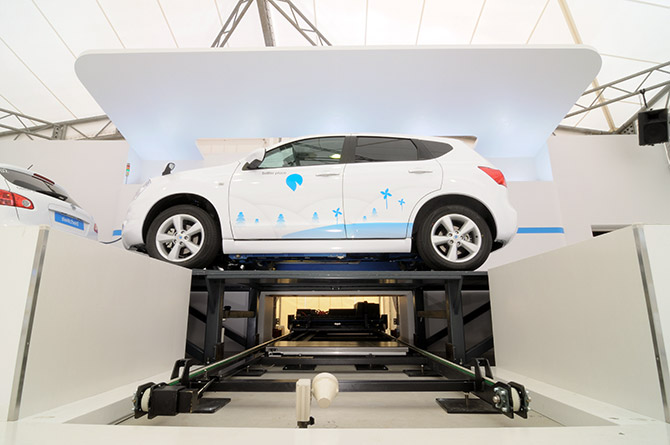Toyota announced today that it aims to pour $14 billion into the development of battery technologies before the decade is out. The move will see it invest more heavily in lithium-ion power packs and solid-state batteries.
Toyota executives said in an online press briefing today that the company expects to cut the cost of battery production in half by the second half of the ’20s. By that time, it also expects to have solid-state batteries on the road and said that it had begun test driving a working prototype last year.
Toyota’s Chief Technology Officer, Masahiko Maeda, said that the company is considering using solid-state batteries not just in fully electric vehicles, but in hybrids, too. That, though, will depend on whether or not its engineers can develop batteries with the right balance of power output and stability.
It won’t all be solid-state, though. Toyota also plans to commercialize a next-gen lithium-ion battery in the second half of the decade that will help cut costs and increase performance in its EVs. “By establishing a system for both development and supply, we will promote the dissemination of electrified vehicles, including BEVs,” Maeda said.
In the meantime, Toyota expects to get more life out of older-generation nickel-metal hydride batteries thanks to a newly developed “bipolar” cell structure. The structure apparently allows the batteries to double their power density and was deployed this summer in the Toyota Aqua/Prius C compact hybrid.
In total, Toyota hopes to secure 200 gigawatt-hours of battery supply by 2030, up from their earlier goal of 180 gigawatt-hours. That will allow it to sell eight million electrified vehicles by 2030, including two million EVs and hydrogen fuel cell vehicles.
“We are focusing on safety, long service life, and high-level quality to produce good, low-cost, and high-performance batteries,” Maeda said. “What Toyota values the most is to develop batteries that its customers can use with peace of mind.”





























